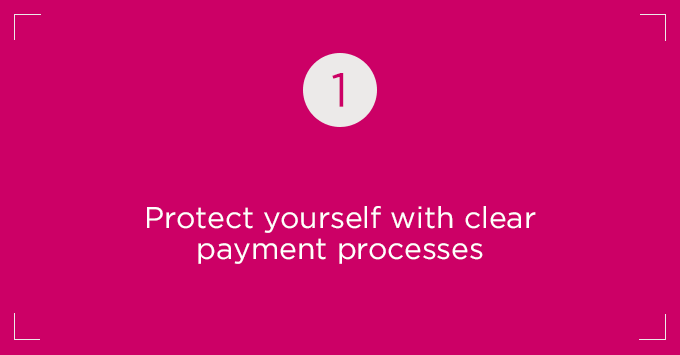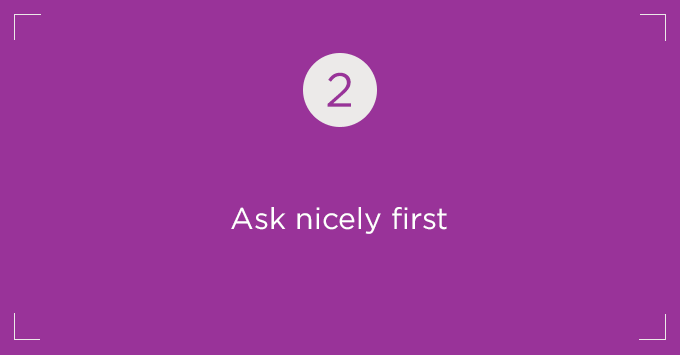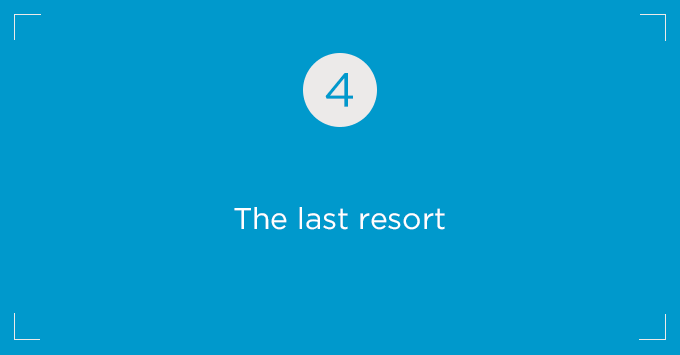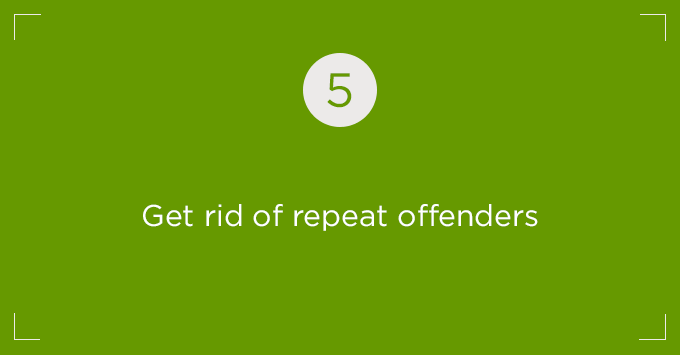Chasing for payment is the bane of the freelance life. Here are a few ideas on how to make it happen sooner rather than later.
Remember the good old days of PAYE? Once you go freelance, even if you’ve got the best online accountancy service in the land on your side, you can kiss goodbye to that simple payment structure. Most clients are pretty good about paying on time, but when they’re not, it’s on you to do the chasing. So what can you do when getting paid feels more like single-handedly building the Great Pyramid of Giza?
First things first
Always use protection, in the form of thorough credit checks on any company you’re thinking about working with. If they’re perennial late-payers, you should find evidence of that. With every new client, lay out a clear process for payment and be upfront about the penalties they can expect if they’re not on time. If you want to be paid within seven days or two weeks, say so – if you don’t, 30 days is the standard.
And it really should go without saying, but don’t start any work without a contract. Please.
Charm offensive
Even if you’ve got steam coming out of your ears, paste on a smile and re-read your emails ahead of sending to make sure you haven’t snuck in any accidental snipes. Debt can be an emotional issue, so if they’re genuinely having money troubles, this’ll help protect the relationship. Meanwhile, get your own house in order so you’re irreproachable. Make sure your admin is up to date, and send out invoices and penalties on time.
Getting tough
Hopefully they’ll have coughed up by now, but if not, it’s time to play hardball. Consider stopping work until you’re paid for what’s been done. This bit can be awkward, especially if they’re having finance issues, but remember: if you don’t get paid, you’ll be having those problems too.
The legal route
It’s the last resort, but you can’t play good cop forever. The law is supportive of small business and freelancers, especially since 2013’s EU Late Payment Directive. On top of what they owe, you can charge interest 8% above the bank’s rates, plus debt recovery costs. It might feel like the nuclear option, and if you’re trying to keep the client on side you might not want to get out the big guns, but you can if you want to. Start with a solicitor’s letter laying out the total you’re owed and any additional costs, and debt collectors will do the rest.
Cut your losses
Unless you love stress and frustration, which you probably don’t, consider getting rid of repeat offenders. It’s bad for business, and it’s no fun chasing time and time again. Bump them off. Your client list, we mean…







